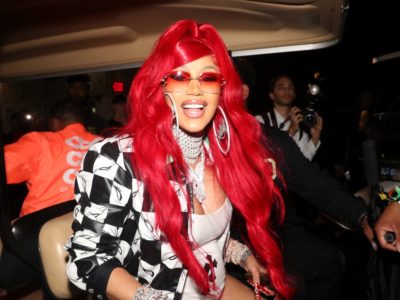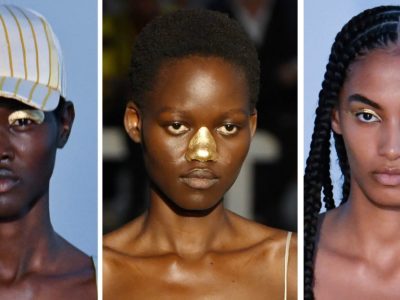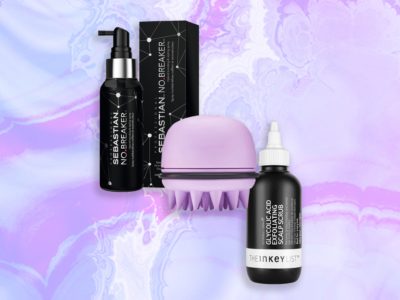
How many people get the vaccine is probably the most important factor in beating the clock. Part of that hinges, Drain says, on making the vaccine available to more people. Right now, there simply aren’t enough vaccines available to protect everyone eligible. For example, earlier this month, California local ABC affiliate WABC-7 reported that the CEO of Kaiser Health in California said in a recent email to patients that it would take four years to vaccinate everyone in the state at the current supply rate. “If we continue to struggle with vaccine distribution, that timeline just starts to extend, which just gives the virus more time to mutate,” Pothof says.
Pothof says it’s also important to take into account who can take the vaccine, as currently, the FDA’s EUA for the Pfizer vaccine mandates it be distributed to those who are 16 years and older, while Moderna is EUA’ed for those 18 and over; both are presently conducting trials on those 12 and older.
What can we do to be able to stop wearing masks sooner?
If the mutations beat out the current vaccines, we’d have to deal with masks and physical distancing precautions for a lot longer. “We all could be stuck with masks for another year or more if mutant strains escape the immune response someone had from infection with COVID-19 or a vaccination,” says Davidson H. Hamer, an infectious diseases physician at Boston Medical Center and a professor of global health and medicine at Boston University School of Medicine.
The best thing you can do to ensure life gets back to normal sooner rather than later is to continue all your normal precautions until we reach herd immunity. Jetelina tells Allure that to slow disease transmission, it’s important to wear a well-fitted mask with layers — or double mask or consider upgrading to a higher grade mask like a KN95 — every time you’re in public, even if you’ve been vaccinated or recently recovered from COVID-19.
And, if you’re medically able, Drain suggests you get the vaccine as soon as it’s available to you — you may have to keep tabs on when it’s your turn, and whether or how you get notified varies on where you live. “Certainly every adult should be vaccinated, and I hope our public health response is to educate people on the value of the vaccine,” he says.
Even after herd immunity, will we ever stop wearing masks entirely?
Herd immunity is the first step in returning to pre-pandemic life. But even when the majority of Americans have antibodies to COVID-19, masks probably won’t disappear altogether. As life begins to look normal again, Drain predicts we’ll probably still wear masks as a courtesy from time to time. “It will be part of our culture now to wear a mask if you aren’t feeling well so you prevent transmitting illnesses to other people,” he says. “But we hope the general population doesn’t have to continue wearing a mask in public.”
Hamer estimates if things go as planned, COVID-19 cases might decrease by late spring or summer. Vaccinations will be continuing to roll out, and hopefully, we’ll be working slowly but surely toward herd immunity.
But even at that point, Hamer says you may still need to wear a mask in public. Since not everyone in the population will be immune, it’s important to continue protecting them. “We shouldn’t be telling people to throw away their masks,” Hamer says. “We might be able to put them in a box in the closet, but we might need to pull it out again sooner rather than later.”
Read more stories about pandemic safety:
Now, watch a metastatic breast cancer patient’s journey in six photos:





